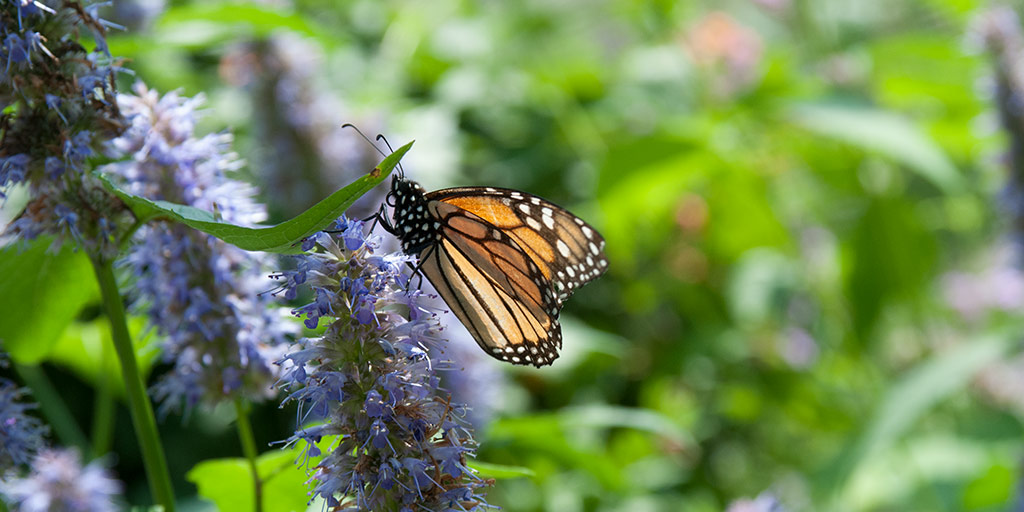Pollinators play a vital role in the success of a home garden; they help flowers bloom, fruits set, and plants thrive. By attracting a variety of pollinators, you’ll ensure that your garden flourishes and create a balanced ecosystem. Our guide will show you how to attract a variety of pollinators to your garden, while also helping you manage other wildlife that may be drawn to your garden.
The Importance of Pollinators in Your Home Garden

Pollinators are essential for the reproduction of over 80% of flowering plants, including many vegetables and fruits in your garden. Without them, your plants may struggle to produce flowers, seeds, or fruits. Encouraging pollinators helps ensure biodiversity, a thriving garden, and abundant harvests. By making your garden a welcoming place for pollinators, you also support environmental health and food security for both humans and wildlife.
Bees: Nature’s Best Pollinators
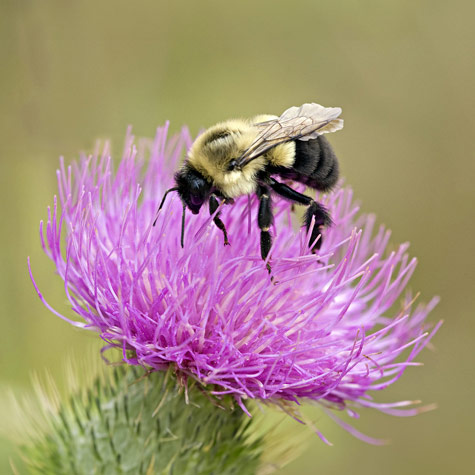
Bees are one of the most effective pollinators and are crucial for many crops like tomatoes, cucumbers, and berries. To attract bees, we recommend planting a variety of flowers that bloom at different times of the year to provide a constant source of nectar and pollen. Native plants like lavender, sunflowers, and wildflowers are particularly appealing. Avoid using harmful pesticides, which can deter or harm bees, and consider installing a bee house to offer shelter.
Butterflies: Colorful Garden Guests
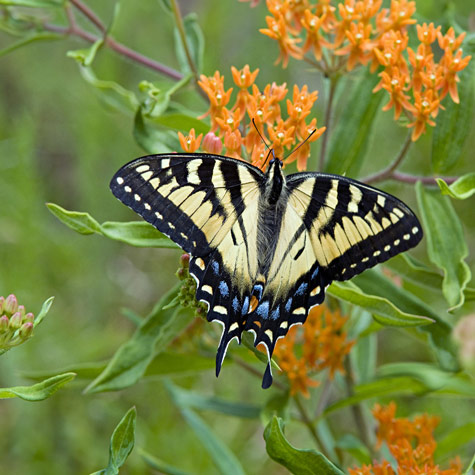
Butterflies not only add beauty to your garden but also assist with pollination. Fon planting nectar-rich flowers like coneflowers, zinnias, and milkweed to attract butterflies to your garden. Creating a butterfly-friendly habitat also means including host plants like dill or parsley where butterflies can lay their eggs. A shallow water source or a butterfly puddling station can offer hydration, while keeping the area free from wind helps provide a safe space for them to land and feed.
Hummingbirds: Tiny but Mighty Pollinators
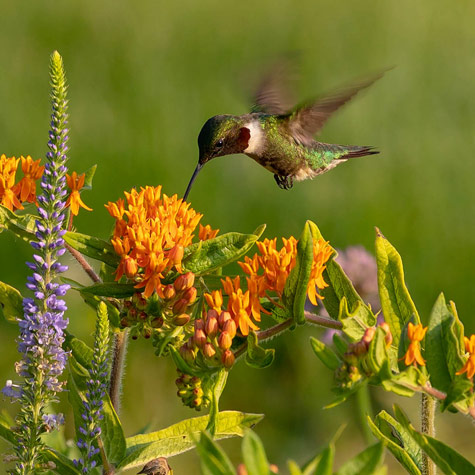
Hummingbirds are attracted to brightly colored, tubular flowers such as honeysuckle, trumpet vine, and salvia. These agile birds have a particular love for red and orange flowers, which are high in nectar. Installing a hummingbird feeder filled with sugar water can supplement their diet, especially when flowers are not in bloom. Make sure to place feeders away from areas where cats or other predators could pose a threat to these delicate birds.
Bats: Nighttime Pollinators
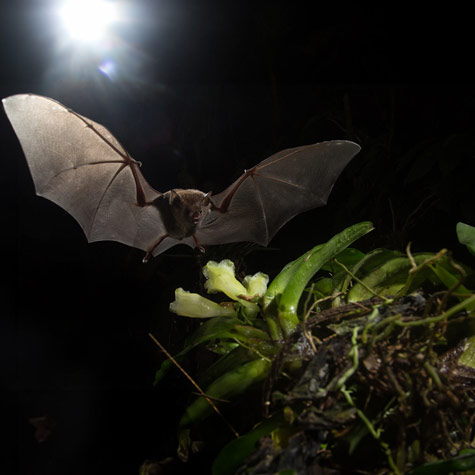
Bats are an excellent nighttime pollinators and can help with insect control in your garden. This dual-purpose pollinator is the perfect ally for your garden. To encourage bats in your garden, we recommend planting native plants like French Marigold and Bergamot that attract insects that bats love to eat. You can also plant fragrant flowers to attract bats like Bee Balm and Red Cardinals. You can also install a bat house to provide shelter as another attraction to your garden for bats.
Beetles: Unsung Heroes of Pollination
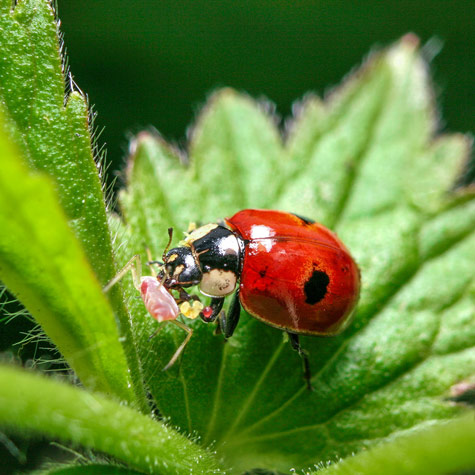
Beetles are one of the oldest pollinators, visiting flowers to feed on pollen. They are especially drawn to large, open flowers like magnolias and water lilies. To attract beetles, include a mix of flowering plants and ground cover in your garden. Keep your garden chemical-free to allow these helpful insects to thrive and consider creating small piles of organic debris where they can nest and find shelter.
Keeping Unwanted Pests at Bay
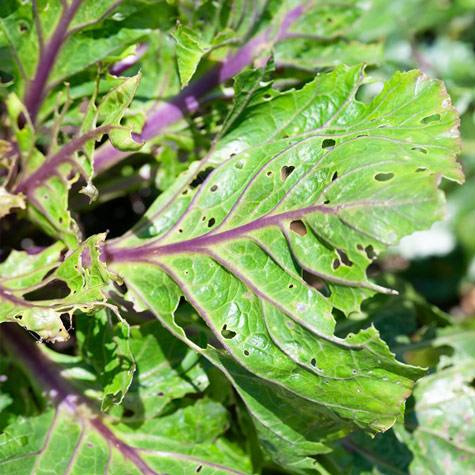
While it’s important to welcome pollinators, you’ll also want to keep destructive pests like aphids, slugs, and caterpillars from damaging your garden. Encourage beneficial insects like ladybugs and lacewings, which feed on pests, by planting companion plants like marigolds or basil. You can also use organic pest control methods like bird netting to keep animal pests in check without harming pollinators.
Creating a pollinator-friendly garden is a rewarding experience that benefits both you and the environment. With the right plants and care, your garden will become a buzzing, fluttering, and humming sanctuary for these essential creatures.

